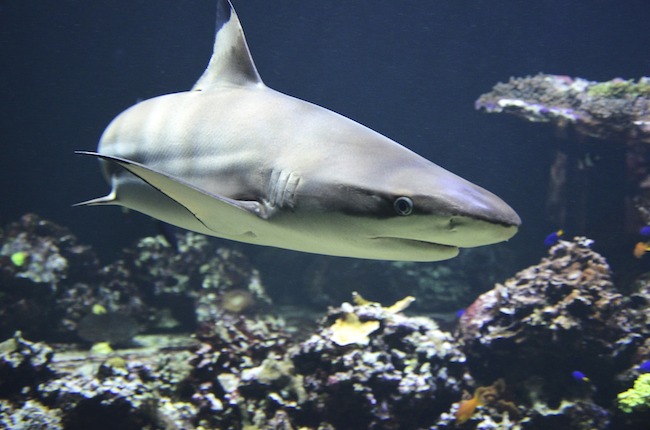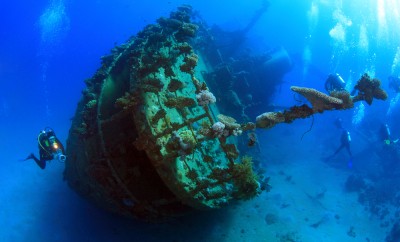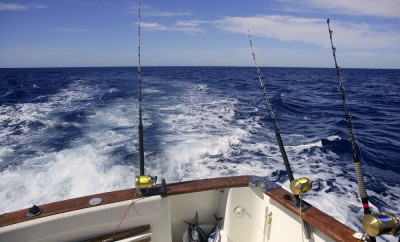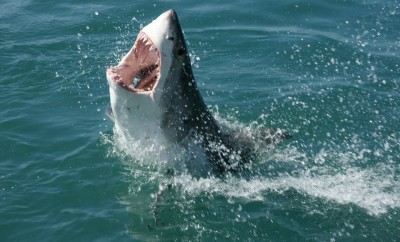Environment
Sharks: Myths vs. facts

The beautifully terrifying shark has been under media scrutiny for some time now. The misconceptions that come along with sharks and their attacks on humans paint them to be a vicious creature out to devour us earth-dwellers for dinner. No matter how much fear these creatures incite in us, many facts we think we know about sharks are actually false.
Myth: Sharks eat humans
Each time there is a news story about a shark attack on an innocent person along some beautiful coast, the public loses its mind thinking that the shark was hungry for human flesh and acted on it. This is beyond far from the truth. There are almost 400 different species of sharks swimming in oceans, but only about twelve of them are considered dangerous. The three species that are most responsible for attacking humans are great white (Carcharodon carcharias), tiger (Galeocerdo cuvier), and bull (Carcharhinus leucas) sharks. Most sharks don’t pay any attention if they see you, if they even see you.
Shark attacks themselves are extremely rare. Annually, sharks kill about six people. There are tons of other things that kill humans more often than sharks: icicles, vending machines, coconuts, champagne corks, dogs, cows, bees, mosquitoes and so many more. The most dangerous thing you will do day to day is get in a car, even if you are swimming in the ocean every day. Actually, you are ten times more likely to get bitten by a human in New York City than to be bitten by a shark. Shark attacks happen so rarely, but when they do the media focuses on the brutality of the event, not facts.
Myth: Sharks attack because of mistaken identity
Actually, when a shark bites a human usually it is out of curiosity. The shark may be unsure if the human swimming is a seal or some other potential food source, so it will take a “small” bite to taste. When they realize the mistake they made in thinking you were a food source, they usually will leave the scene. Honest mistake, eh?
Another leading cause of shark attacks is simply territorial issues. If the shark mistakes you for another animal competing for the same food source, they could resort to bumping you or even biting to warn you to stay away. Sharks will not bite you simply just because it seems fun.
Myth: A shark will die if it stops swimming
Sharks breathe through their gills on the side of their body. When they swim, the movement forces water over the gills which is then taken into the body to be converted to oxygen. While this is their main source of oxygen, it is also possible for them to take in water through their mouths to absorb it. Some species are even able to manually pump water over their gills while sitting at rest on the ocean floor.
Myth: Sharks have no predators
Sharks do have a predator: humans! Every year, humans kill up to 100 million sharks due to fishing and other hunting practices. Hunters target them to make shark fin soup, which has actually been found to have no nutritional value and no taste. The fins can be sold for more than $400 per kilogram (U.S. $880 per pound) and are usually a sign of money and power. After the fin is removed, the shark will likely bleed out or get eaten by other sharks.
With regard to the rise in shark attacks in recent years, the cause is simply the increase in amount of people populating and swimming in oceans. The territorial issue comes up again here, forcing the shark to protect its own food and living environment.
Visit this website to learn more about protecting sharks.





1 Comment